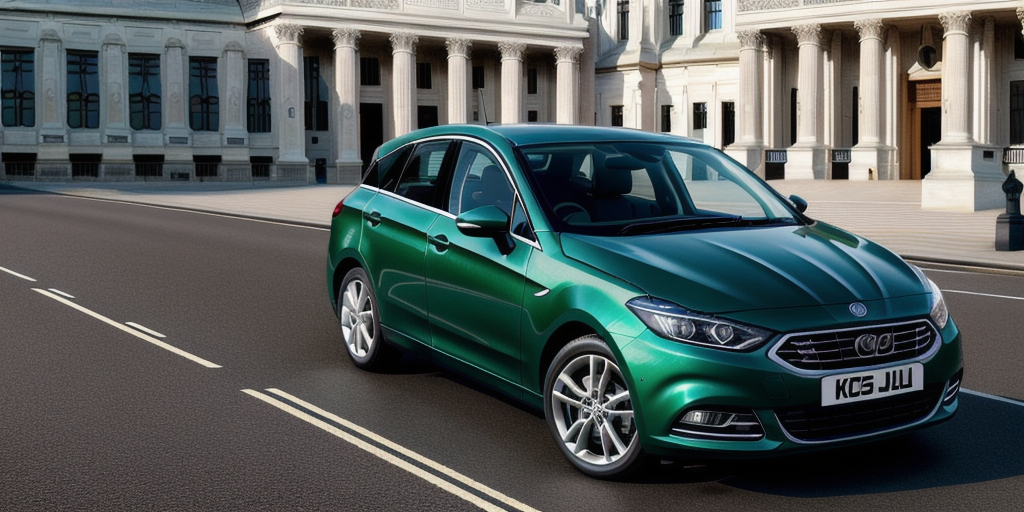
Car finance scandal: UK supreme court poised to give ruling on hidden commissions
How did your country report this? Share your view in the comments.
Diverging Reports Breakdown
Car finance scandal: UK supreme court poised to rule on hidden commissions
The UK’s highest court is poised to give its verdict on the £44bn car finance scandal. It could pave the way for millions of motorists to claim billions of pounds in compensation for mis-selling. The vast majority of new cars, as well as many secondhand cars are bought using finance agreements. If the UK’s most senior judges uphold the earlier decision in its entirety then those customers could be entitled to billions in compensation. The industry, led by the Financing & Leasing Association, which represents car lenders, argues it has done nothing wrong. If they side with lenders, then the scope of payouts to motorists will be much more limited.
The supreme court judgment, which will be handed down after financial markets close at 4.35pm on Friday, will decide whether or not to uphold a finding by the court of appeal in October that hidden commissions paid to car dealers by lenders were unlawful.
That ruling, based on test cases, said making such payments to brokers who arrange car loans without disclosing the sum and terms to borrowers was unlawful. The lenders involved in the case – FirstRand Bank and Close Brothers – appealed against that decision to the supreme court.
The vast majority of new cars, about 90%, as well as many secondhand cars are bought using finance agreements. If the UK’s most senior judges uphold the earlier decision in its entirety then those customers could be entitled to billions in compensation, leading to huge liabilities for lenders.
Lloyds Banking Group, which is one of the most exposed to the scandal through its Black Horse division, has already put aside £1.2bn for potential compensation.
The industry, led by the Financing & Leasing Association, which represents car lenders, argues it has done nothing wrong.
Thousands of vehicle buyers were already in line for payouts if they bought before 2021 with a form of car finance banned that year by the Financial Conduct Authority, known as discretionary commission arrangements (DCAs). They meant some dealers received a bigger payment if they got car buyers to sign up to a higher rate on a loan.
The FCA is likely to set up a central compensation scheme for drivers mis-sold loans through DCAs, and has said it will confirm whether it will do so within six weeks of the supreme court’s judgment.
However, if justices also uphold the appeals court decision in its entirety, that could widen the pool of potential claimants significantly. If they side with lenders, then the scope of payouts to motorists will be much more limited.
skip past newsletter promotion Sign up to Business Today Free daily newsletter Get set for the working day – we’ll point you to all the business news and analysis you need every morning Enter your email address Sign up Privacy Notice: Newsletters may contain info about charities, online ads, and content funded by outside parties. For more information see our Newsletters may contain info about charities, online ads, and content funded by outside parties. For more information see our Privacy Policy . We use Google reCaptcha to protect our website and the Google Privacy Policy and Terms of Service apply. after newsletter promotion
In February the supreme court rejected an unusual intervention by the government, which was concerned that huge amounts of compensation payments could dramatically affect the car market.
The Treasury has said that it wants to see a “balanced judgment” to compensate consumers who were mis-sold loans while also allowing the car finance sector to continue to support motorists who need loans to buy vehicles.
